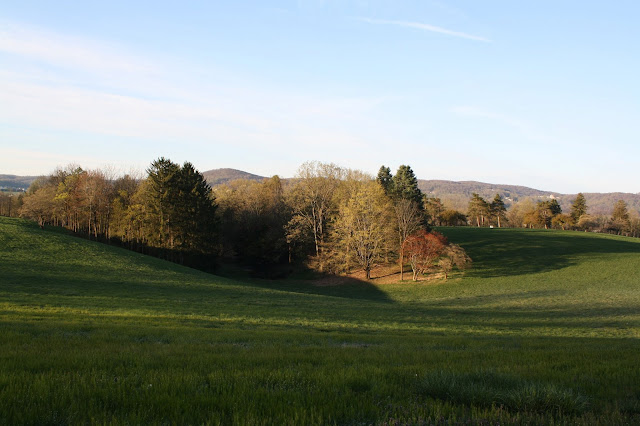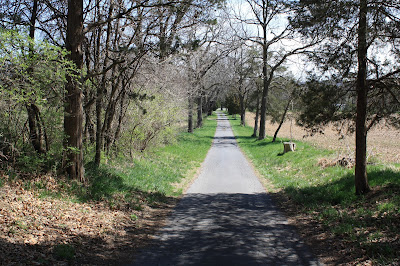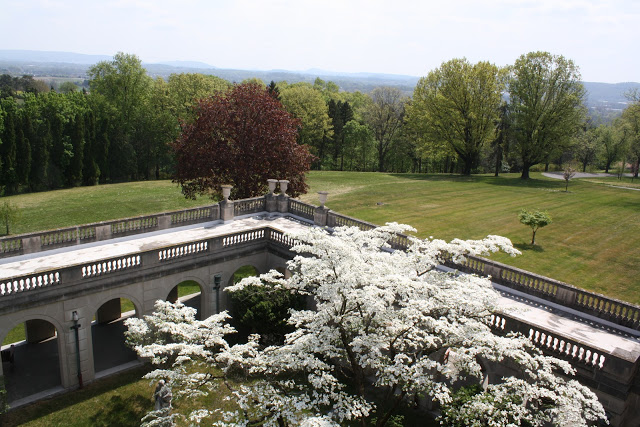I've noticed several visitors recently showing up via "child's suicide" searches, so I thought I'd give a brief report, in case it's of hope/help to anyone. Of course, Josh's death has been much on my mind since it occurred while I was on retreat in September of 2008. I am grateful for the days of silence and prayer, but they are not peaceful days for me.
In summary:
Overall, I feel pretty normal most of the time. This is a fairly new and unexpected dedvelopment. "Normal" encompasses some things it didn't used to, but I seem to have fairly typical reactions to most events and conversations, at least on the surface. I can work; I can engage in some fairly intense conversation and reading and writing; and I can sort through photographs and videos without trauma.
I still tire easily. I still have trouble with short-term memory. Much of the 2008-2010 period is gone. Some of that may, of course, be due to impending Birthday 60. But I tend to think the majority of it is due to my mind being cluttered with things it should not contain.
Flashbacks? Oh, yeah. If you are telling me about a recent trip to Chicago, or Yellowstone, or France, I am not seeing what you are seeing. But I can live with it. And I am trying intentionally to replace the horrific memories with lovely, joyful substitutes.
Some of the things I do for my work? Let's just say the word: Dissociation. I have a good time; I feel joy for the people who are getting married (by me), or whose baby is being baptized (by me), or who are receiving communion (from me). I block out the rest.
Physical? I'm pretty much a mess. But I am back to walking three miles a day, which is a considerable help in many areas of life. There are some weird bodily things going on that are probably grief-based. Whatever.
Gratitude? I'm feeling and expressing it these days. I am grateful for my husband and surviving children, for their gifts and hard work, and for their incredible strength and resiliency, dramatically tested and well-honed in ways that most people in our world never have to know about. I'm grateful for my home and my neighborhood and my brother and my friends, of whom I have far more than I could ever deserve. I'm grateful to have staggered through seminary and spiritual direction training and to be able to serve God in some sort of direct way.
God? Well, I never write the full story. We are doing better. But we have a way to go. I don't have the kind of confidence that a lot of my bereaved mom friends do in a reunion in the next life ~ whatever that means. That's what it will take. I preach my hope in the assured healing and restoration of all creation, which includes one person in particular, but I don't claim certainty. Not privately. (I guess this isn't so private.) On many occasions, I still preach w-aaaa-y out there ahead of myself.
I'm not a better person. I am not wiser, I am not more compassionate, I am neither kinder nor gentler. I might be more patient, but probably not. I was enough of all those things Before, and the After has not created some new Mother Goddess of Empathy. I am mostly pretty pissed, you know? But not always.
So. That's one version. It's not universal. It's mine.





















